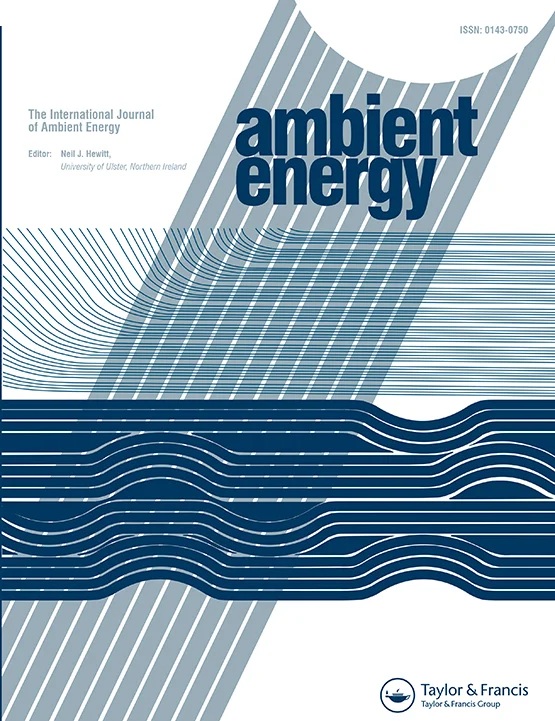This paper presents a small-scale pilot project in the Democratic Republic of Congo of a hybrid kiln dryer for sawn timber powered by solar and biomass energy. The chamber’s thermal insulation comprised layers of vetiver grass, wood and clay, 100% biodegradable. Sun collectors and a supplementary furnace-burning biomass from the nearby sawmill provided the heating energy, while photovoltaic panels supplied electric energy for ventilation and electric devices. The climate was controlled through actuators operated by an electronic system for industrial kiln dryers. Despite relatively high production costs, primarily due to the photovoltaic system, the kiln allowed for good use of local labour and materials. Preliminary tests indicated an improved drying potential of the kiln compared external conditions with a consequent lower drying time and final MC. Data emphasised the influence of thermal energy in the drying rate: the extra power given by the furnace increased the drying rate from 0.4 to 1.4% day−1. The cost of energy ($/kWh) was calculated as 0.009 for the furnace, 0.05 for the solar collector and 0.14 for the photovoltaic. The conversion efficiency of solar collector resulted to be 48% against 14% of photovoltaic.
DOI:
https://doi.org/10.1080/01430750.2024.2367109
Altmetric score:
Dimensions Citation Count:
























